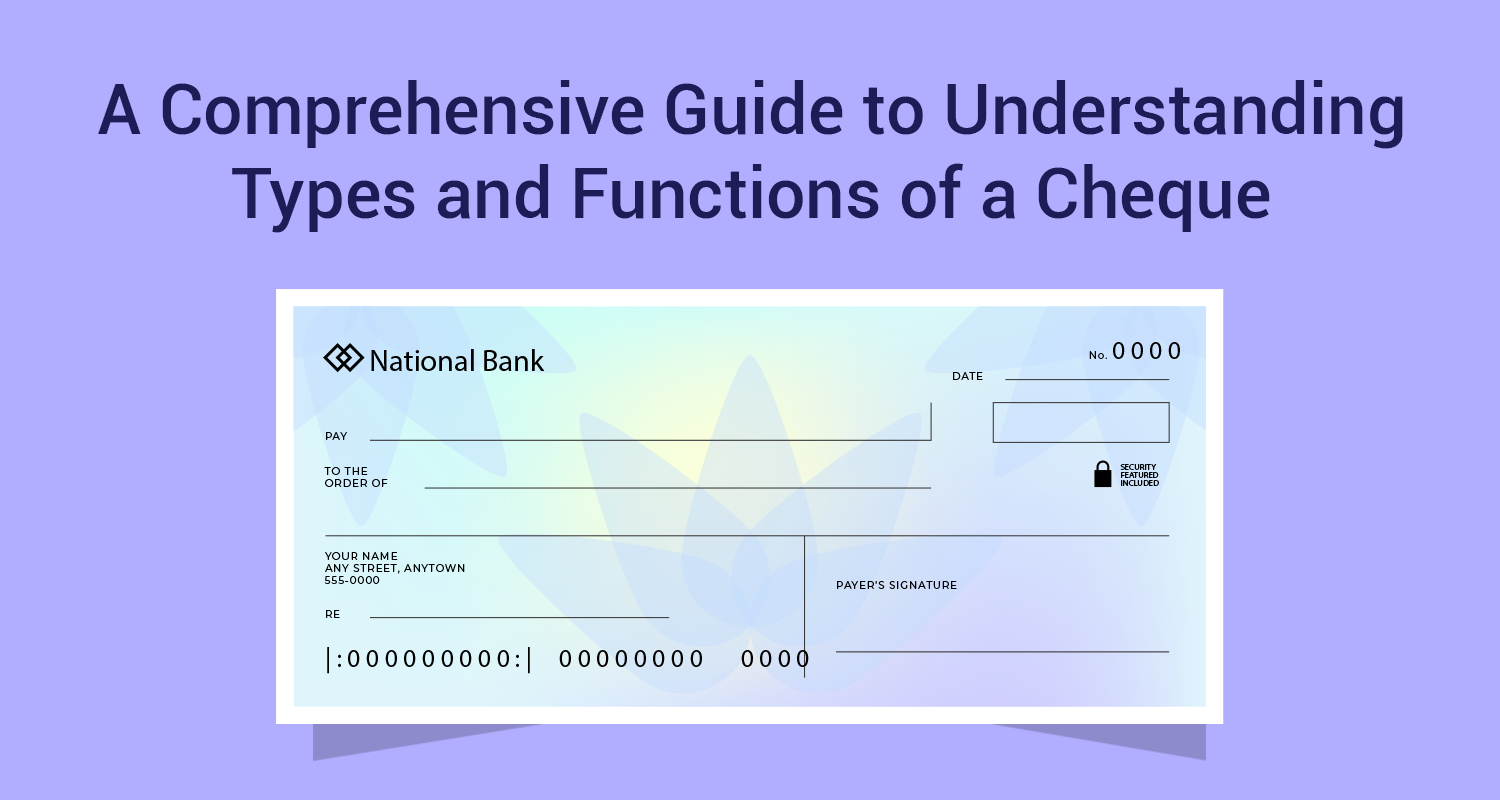Basic Questions to Ask Before Investing in a Mutual Fund

Before you invest in mutual funds there is a good deal of homework that needs to go in. You need to ask some very fundamental questions to yourself before you investing in a mutual fund. The questions can be broadly summarized as under.

Does this fund fit into my financial plan?
Before you ask any other question, this should be your first question. Even at the risk of being repetitive, one needs to be clear that this is where your mutual fund investing has got to start. Let us look at some basic questions. Does this fund fit into my risk profile? If you are looking at planning for your retirement fund after 30 years you need to be invested in equity funds. Being invested in liquid funds would be an absolute waste of returns. Similarly, if you have a goal in the next one year then you need to plan through liquid funds and not through equity funds. They will be just too volatile and unpredictable for a one-year time frame. Every mutual fund investment that you make must be tagged to a certain goal or part of a goal. You cannot get too far by randomly investing in mutual funds. It is your financial plan that gives a sense of direction to your mutual fund investments.
Is this mutual fund liquid enough?This is a slightly more complicated question and needs to be understood. Mutual funds are not listed and hence the traditional definition of liquidity will not apply. But do mutual funds provide an exit route? All open-ended funds give you a liquid exit. Whether the price is right or not is a different issue altogether. But you can get your equity fund monetized in T+3 days or your debt fund monetized in 1 day or your liquid fund monetized on the same day. To that extent, mutual funds as an asset class are very liquid.
What is the risk in the fund?Risks are of various types. For equity funds, there is macro risk, market level risk, industry level risk, and company level risk. For debt funds, there is default risk in case of private debt and interest rate risk in case of all bonds. Liquid funds run the risk of liquidity tightness, which we have seen occasionally in the Indian context. These are the asset class risks. Then there are risks that are specific to the mutual fund. There is the risk that your fund manager is not aggressive enough and is not able to beat the index. There is also the risk that the fund manager is too aggressive and is compromising the safety of your money. There are measures like Sharpe and Treynor that help you in these cases. It is useful to get a hang of the risk of the fund before you invest.
What are the expected returns on the fund?Unless it is a debt fund or a liquid fund, it is quite difficult to gauge the returns on the fund. For example, equity fund returns range from 12% annualized to 18% depending on the risks taken by the fund manager. This is for diversified funds. Sector funds can be a lot more volatile. We also judge funds by past returns. One can argue that the past does not reflect the future but it is a close approximation of performance. Focus on the consistency of returns given by the fund rather than the CAGR returns. Funds that are more consistent are more predictable and therefore more reliable.
What are the tax implications of the mutual fund?There are tax implications when you invest in a mutual fund, there are tax implications when you receive dividends and there are tax implications when you make capital gains from your fund. These have an impact on the post-tax yield. For example, when you get dividends on a debt fund, there is a 29.12% dividend distribution (DDT) that is deducted. But when there is long-term capital gain on debt funds, it is just 20% tax with the additional benefit of indexation. Similarly, holding for less than 1 year and more than 1 year in case of equity funds can make a big difference to your tax liability.
Is this the best choice in the market?So, you have looked at your plan, your return requirements, your risk appetite and your tax status and arrived at the fund you want to invest in. The last question to ask is whether this is the best fund choice for you. You need to take this decision in terms of AMC pedigree, past returns, risk-adjusted returns etc. Now you are ready to invest in mutual funds!
Disclaimer: The information contained in this post is for general information purposes only. IIFL Finance Limited (including its associates and affiliates) ("the Company") assumes no liability or responsibility for any errors or omissions in the contents of this post and under no circumstances shall the Company be liable for any damage, loss, injury or disappointment etc. suffered by any reader. All information in this post is provided "as is", with no guarantee of completeness, accuracy, timeliness or of the results etc. obtained from the use of this information, and without warranty of any kind, express or implied, including, but not limited to warranties of performance, merchantability and fitness for a particular purpose. Given the changing nature of laws, rules and regulations, there may be delays, omissions or inaccuracies in the information contained in this post. The information on this post is provided with the understanding that the Company is not herein engaged in rendering legal, accounting, tax, or other professional advice and services. As such, it should not be used as a substitute for consultation with professional accounting, tax, legal or other competent advisers. This post may contain views and opinions which are those of the authors and do not necessarily reflect the official policy or position of any other agency or organization. This post may also contain links to external websites that are not provided or maintained by or in any way affiliated with the Company and the Company does not guarantee the accuracy, relevance, timeliness, or completeness of any information on these external websites. Any/ all (Gold/ Personal/ Business) loan product specifications and information that maybe stated in this post are subject to change from time to time, readers are advised to reach out to the Company for current specifications of the said (Gold/ Personal/ Business) loan.



